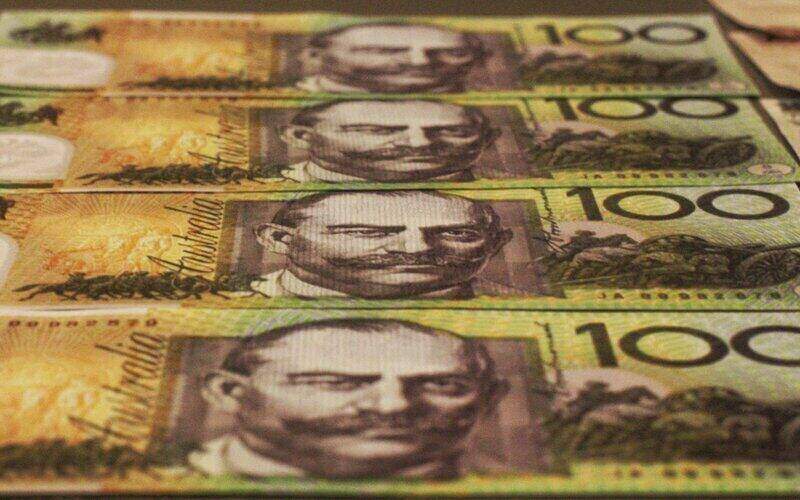Appearing before the Australian Financial Review Business Summit in Sydney on Wednesday morning, RBA deputy governor Guy Debelle said the virus has "significantly disrupted" the momentum of the global economy, but that the rapidly evolving nature of the virus means it's simply too early to know what the full impacts will be.
"The conclusion is that the global economy will be materially weaker in the first quarter of 2020 and in the period ahead," Dr Debelle said.
"Clearly we are still only in the early weeks of March, so the picture can change from here.
"It is just too uncertain to assess the impact of the virus beyond the March quarter."
Dr Debelle was expected to talk about investment at the summit but instead spoke about the RBA's economic outlook as the coronavirus, or Covid-19, tightens its grip on the economy and spooks consumers.
On Monday, the ASX crashed below 6,000 points, with $140b wiped off in its worst day since the global financial crisis.
"There has been a large increase in risk aversion and uncertainty. The virus is going to have a material economic impact but it is not clear how large that will be," Dr Debelle said.
"That makes it difficult for the market to reprice financial assets."
But he said the banks are well placed to handle the market disruption.
"The Australian banking system is well capitalised and is in a strong liquidity position. The Australian banks had raised a significant amount of wholesale funding before the disruption to markets and deposit inflows are robust."
"They are resilient to a period of market disruption."
Rate cuts could cushion coronavirus blow to economy
Last week, the RBA cut the official cash rate to 0.50% in response to the coronavirus outbreak, a decision that came at the eleventh hour.
Dr Debelle said the interest rate cut will give households more disposable income, which he believes will eventually be pumped back into the broader economy.
"Lower interest rates will provide more disposable income to the household sector and those businesses with debt. They may not spend it straight away, but it brings forward the day when they will be comfortable with their balance sheets and resume a normal pattern of spending," he said.
"Monetary policy also works through the exchange rate which will help mitigate the effect of the virus' impact on external demand."
Later this week, the Morrison government is expected to announce its coronavirus stimulus package that it hopes will stave off a recession.
Dr Debelle said the stimulus package, combined with the rate cuts, will give the economy a much needed boost.
"The Government has announced its intention to support jobs, incomes, small business and investment which will provide welcome support to the economy," Dr Debelle said.
"The combined effect of fiscal and monetary policy will help us navigate a difficult period for the Australian economy.
"They will also help ensure the Australian economy is well placed to bounce back quickly once the virus is contained."
But not everyone is as optimistic: Earlier in the week, Westpac chief economist Bill Evans said Australia will be in a recession by the end of the year.
"The Australian economy is forecast to contract by 0.3% in the March quarter and the June quarter in 2020," Mr Evans said.
"Growth in the second half is forecast to lift by 2.2%. This constitutes a technical recession, although with the expected recovery the unemployment rate is unlikely to lift much above 6%."
Mr Evans also said there is "much greater uncertainty around these forecasts due to the unpredictable course of the outbreak".

Ready, Set, Buy!
Learn everything you need to know about buying property – from choosing the right property and home loan, to the purchasing process, tips to save money and more!
With bonus Q&A sheet and Crossword!



 Hanan Dervisevic
Hanan Dervisevic
 Harrison Astbury
Harrison Astbury


